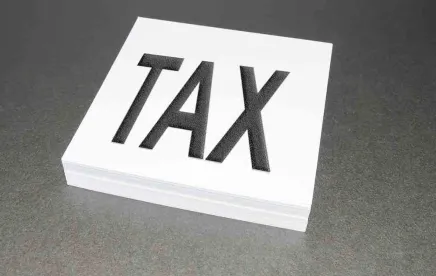Sponsors of investment partnerships should be aware that the IRS is aggressively challenging management structures designed to qualify for the limited partner exclusion from tax under the Self-Employment Contribution Act (“SECA”). Currently, there are two pending cases docketed in the US Tax Court that are considering the application of the limited partner exclusion from self-employment tax when the limited partners in a state law limited partnership (as opposed to limited liability companies and limited liability partnerships) actively participate in the partnership’s business. The IRS has successfully challenged the limited partner exclusion claims made by owners of limited liability companies and limited liability partnerships.
Section[1] 1402(a)(13) excludes from SECA taxes the distributive share of partnership income or loss allocated to a “limited partner,” other than amounts constituting “guaranteed payments” for services rendered to or on behalf of the partnership by the partner. To qualify under this exception, participants in the investment partnership industry have structured their management companies as state law limited partnerships. These participants take the position that their “salary” or guaranteed payments are subject to the SECA tax but income allocated to them in their capacity as limited partners qualifies for the exclusion and is not subject to the SECA tax regardless of their level of activity in the partnership business.
The Code, however, does not define “limited partner.” The IRS believes that the lack of both a clear definition and directly applicable authority opens the door for interpretation as to who is or may be a “limited partner” for purposes of the SECA tax. The IRS asserts that, based on an examination of the legislative history of the SECA and the Tax Court’s precedent, the Tax Court should apply a functional analysis in which the court looks to the relationship of the owner to the entity’s business and not the nature of the partnership interest. The IRS believes that this approach treats similarly situated taxpayers similarly by examining the nature of the services provided to the partnership business.
The taxpayers’ position in the two cases is simple. They assert that the Code is clear on its face, and, as such, the term “limited partner” under the SECA tax should be defined by state law. Further, because the Code is clear on its face, the Tax Court should not apply its precedent to entities in which the partners are state law limited partners (as opposed to partners or members of limited liability partnerships or limited liability companies, respectively) regardless of the partners’ level of activity in the partnership business. Accordingly, distributive shares of partnership income and loss (other than guaranteed payments) should be excluded from the SECA tax.
The Tax Court’s decision in these cases is expected to bring long-awaited clarity and certainty to the investment fund industry as it relates to the limited partner exception of the SECA tax. We are closely monitoring developments in the cases and will provide updates as appropriate.




 />i
/>i

